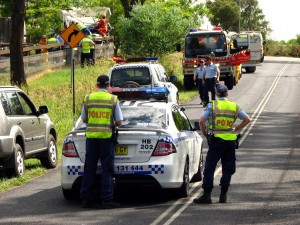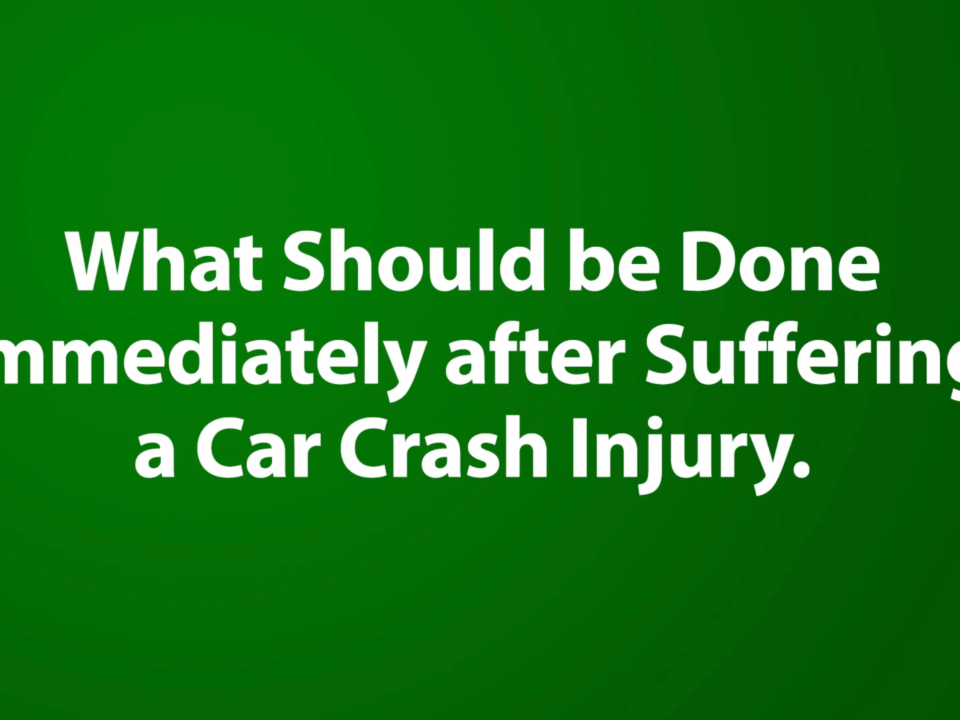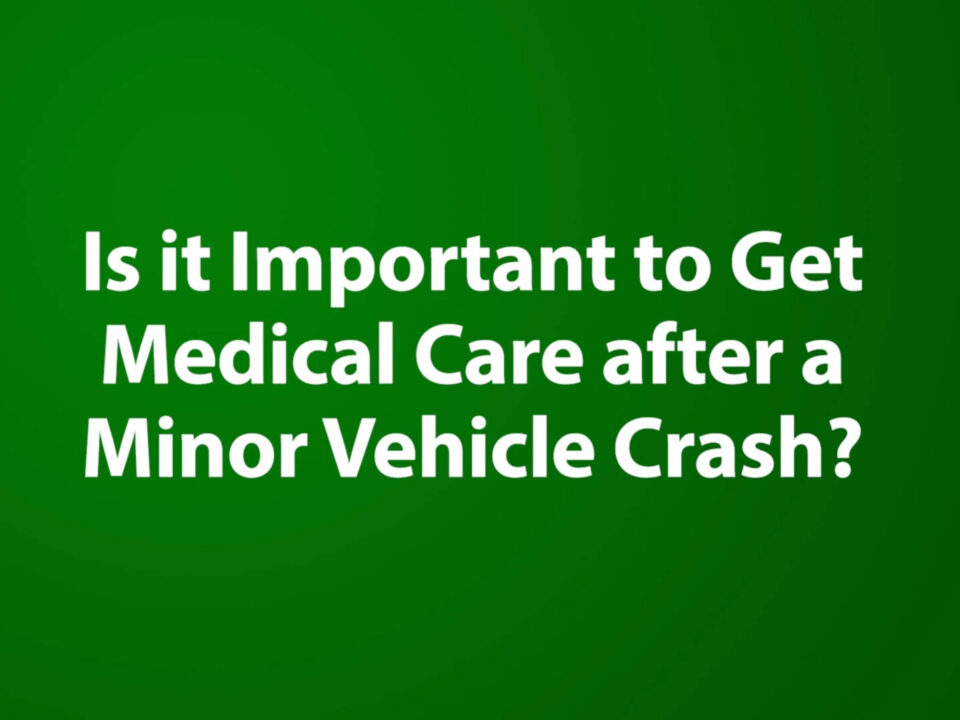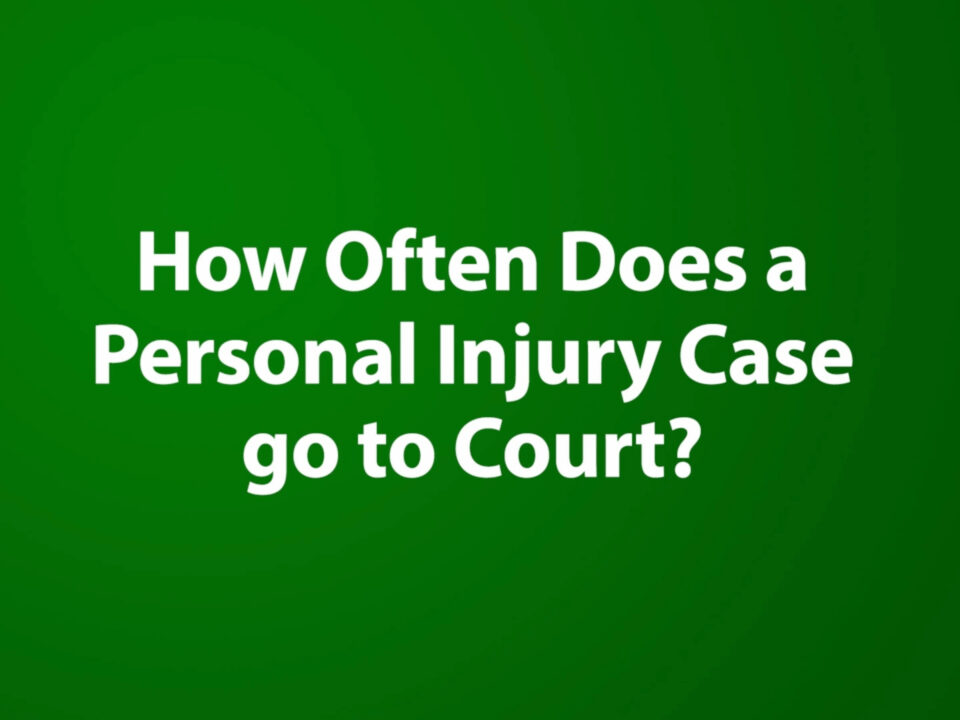 In recent years, motorcycles have become a hugely popular means of transportation. Not only are these vehicles fun, but they’re a smart alternative to driving a large car with poor mileage. The economic factors alone make this vehicle extremely appealing. However, with motorcycles being smaller than most cars on the road, they’re also less visible. This makes for a major safety risk. This factor leads to thousands of accidents across the country each year. Be proactive and read on to learn the best ways to avoid an accident, and what to do if you find yourself or a loved one in a situation that involves an accident.
In recent years, motorcycles have become a hugely popular means of transportation. Not only are these vehicles fun, but they’re a smart alternative to driving a large car with poor mileage. The economic factors alone make this vehicle extremely appealing. However, with motorcycles being smaller than most cars on the road, they’re also less visible. This makes for a major safety risk. This factor leads to thousands of accidents across the country each year. Be proactive and read on to learn the best ways to avoid an accident, and what to do if you find yourself or a loved one in a situation that involves an accident.
Before
Hopefully you find yourself reading this blog before an accident rather than after. By being proactive, you’re not only protecting yourself, but all others around you on the road. These tips are key to preventing motorcycle accidents.
- Know your state’s motorcycle and insurance laws- In a situation where you’re in an accident, you’ll know what you are entitled to.
Each state has different laws when it comes to motorcycles. Here is the information you need to know about Minnesota and North Dakota laws.
- Wear protective gear- When riding, drivers and passengers should always wear protective clothing and DOT-approved helmets. Bright clothing makes motorcyclists more visible to other drivers on the road.
- Always wear a helmet- The stats say it all: Wearing a helmet is estimated to prevent 37% of crash deaths among riders and 41% of deaths for passengers. What more reason do you need? Protect yourself and your passengers. It’s not worth the risk to leave your helmet at home. In fact, passengers under 18 are required by law to wear a helmet.
- Be Aware- Understand main factors that lead to motorcycle accidents. Awareness is one of the best ways drivers can overcome these dangers. The most popular situations that lead to accidents involve:
- More than one vehicle
- Adverse weather conditions, such as heavy rain
- Unfamiliar road conditions, such as construction, areas with poor signage
- Road hazards such as potholes, oil slicks, puddles, or uneven pavement
In the Moment of the Accident
Even the safest, most cautious, and proactive drivers can find themselves in an accident. It can be overwhelming and scary, especially if injuries are involved. Follow the tips below for how to handle an accident.
- Call 911- Even if no one is severely injured or requires immediate medical attention, it’s always best to have an officer on the scene to make sure everyone can move along safely.
- Document the scene- Write down the make, model and license plate numbers of all the vehicles involved. If you have a camera or phone with a camera, take photos of the scene. This is the most accurate way to get accurate information, especially if the case ends up in court. You can never have too many photos; the scene will quickly be cleaned up and your opportunity to document will be gone. If you can’t take photos, ask someone near the scene to do so and have them email the images to you.
- Identify Witnesses- If witnesses can be identified, make sure you get their names and phone numbers before they leave the scene.
- Do Not Leave– It’s essential to remain at the scene before the police arrive. Departing could result in criminal charges because fault and liability have not yet been determined.
- In the case of serious injuries- Don’t move until help arrives. If the crash caused spine or internal injuries, any significant movement could put you at serious risk. It’s always safe to await professional help.
After the Accident
After the adrenaline and shock from the accident leaves you, it’s time to consider next steps.
- Wait on Repairs- Don’t make any repairs until all damage has been documented, as you could be entitled to compensation for these damages.
- Record all expenses- Record all expenses incurred from the accident including doctor visits, rental charges from using another vehicle while yours is repaired, any time from missing work, and of course, repairs to the motorcycle.
- Keep a personal injury journal- Although this can be a tedious task, it’s extremely important to document all doctor visits, dates, and treatments received for anything related to your accident. This can be extremely helpful down the road if it needs to be referenced.
- Consider hiring a personal injury lawyer- Navigating a motorcycle injury case can be difficult on your own. Contact one of our personal injury lawyers for help. We can assist you to determine if you have a case, as well as the best steps to take moving forward.
For more information on motorcycle accidents, click here.



